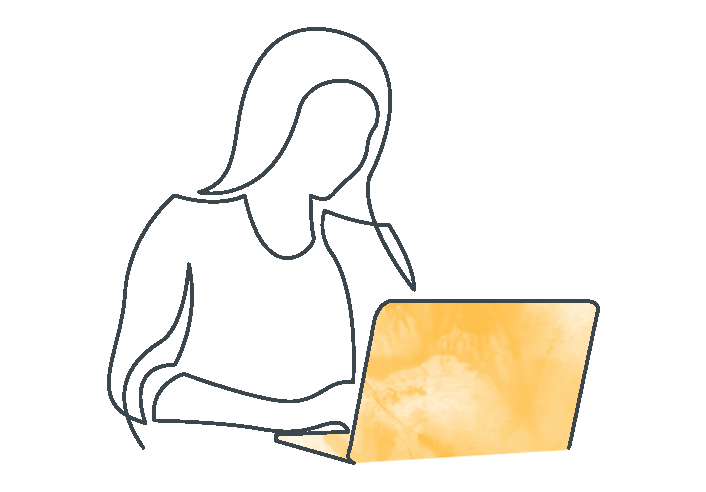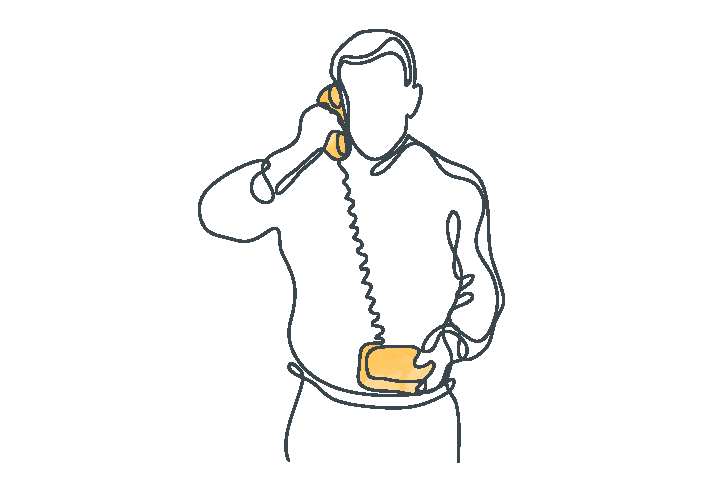Sleep and mental health
It’s no coincidence that sleep deprivation and stress have been rising simultaneously in recent years.
We know that fewer and fewer people are obtaining sufficient good quality sleep. We also know that mental health issues are on the rise. According to the Chartered Institute of Personnel and Development’s (“CIPD”) absence management survey, in 2018 mental ill health became the leading cause of long-term absence. Stress (jointly with musculoskeltal injuries) was the second leading cause.
We know from our own sleep health self-assessments that:
-
70% of day workers and 89% of shift workers obtain less than the minimum recommended 7 hours of sleep prior to a workday
-
Over 80% of workers are failing to meet their sleep need over a week or shift cycle
-
74% of day workers and 84% of shift workers do not feel as though they achieve enough sleep
-
Personal and work stress consistently remain the two main reasons cited for not being able to achieve enough sleep.
Sleep deprivation and mental illness have overlapping brain circuits and neurotransmitters, which exacerbate each other. We know from our own experiences that when we’re stressed we find it more difficult to fall asleep. We may lie down and turn off the lights and suddenly our mind starts racing. The same happens if we wake in the middle of the night or early in the morning.
Sleep and stress are bi-directional. When we’re tired we are much more irritable and become more easily stressed. Most of us will be able to recall a time when we ‘snapped’ at our partner or children or a colleague or friend when we were tired – it’s human nature. When sleep deprived we tend to lose our coping skills and find it more difficult to maintain perspective. What we might normally regard as trivial is suddenly elevated in importance. Logic and reason are replaced by irrationality.
We also know from research that poor sleep is an early indicator of mental health. Insomnia is the most common expression of mental illness. You are 2 times more likely to have depression if you have insomnia.
If you’d like to learn more about stress, burnout and sleep deprivation then download our white paper.
Download the white paper
CONTACT US
Find out how TPoH can help your company reduce fatigue and increase employee productivity.

